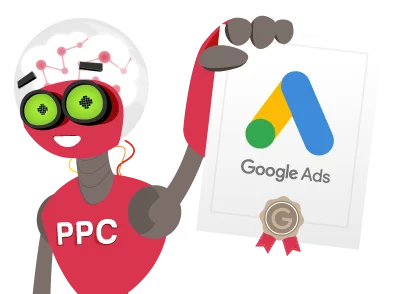What most people may not know is that there are several different methods employed by online advertising companies in targeting consumers for online advertisements, even without the users necessarily purchasing any products. The technical term for this is known as behavioral remarketing, or simply as retargeting. The purpose of doing this is to be able to display ads to people more frequently after they have left a certain publisher’s website in order to allow them to advertise directly to an audience that has already expressed interest in their product. The two main systems for remarketing currently used by advertising companies are that of cookie and IP based targeting.
The cookie based method is utilized by tagging anyone who visits certain websites after they have demonstrated a baseline amount of interest in the brand or company. Banner ads are then presented to those people during their normal web browsing. By doing this, companies are able to maintain lower media costs due to the increased effectiveness in their advertising. The problems with this is that cookies target devices, not people; for instance, a single home computer could be used by upwards of four or five family members. All of them possessing very different interests, needs, and online purchase paths. Not only so, but each of those same family members probably possess at least several electronic devices they use throughout the day. Thus, the likelihood of accurately displaying advertisements to interested parties becomes nigh on impossible which results in much wasted time for the advertisers.
IP targeting on the other hand is the process of ascertaining the physical location of an online visitor and altering the ads shown to the user based on their whereabouts. By doing this, it creates a more applicable and constant online experience for that device and its users. While understandably many people have privacy concerns regarding this, they need not be worried because no personal information is shared in the process; all data is encrypted when inputted by companies like Facebook or Twitter. They cannot see the information nor can the advertisers at the end of the line. However, this system, as with the cookie based, is also affected by the issue of multiple users on one device.
In this way, both methods have their problems, but it is unlikely any major changes in online advertising will be happening soon. Cookies may seem to be outdated, but are still applied extensively on many varying digital platforms and any negatives are far outweighed by the benefits of continuing in its use. With technology and devices becoming ever more dominant in our lives, any one system will have to be capable of tracking one user across a growing multitude of devices.
Related Posts You Might Want To Read








